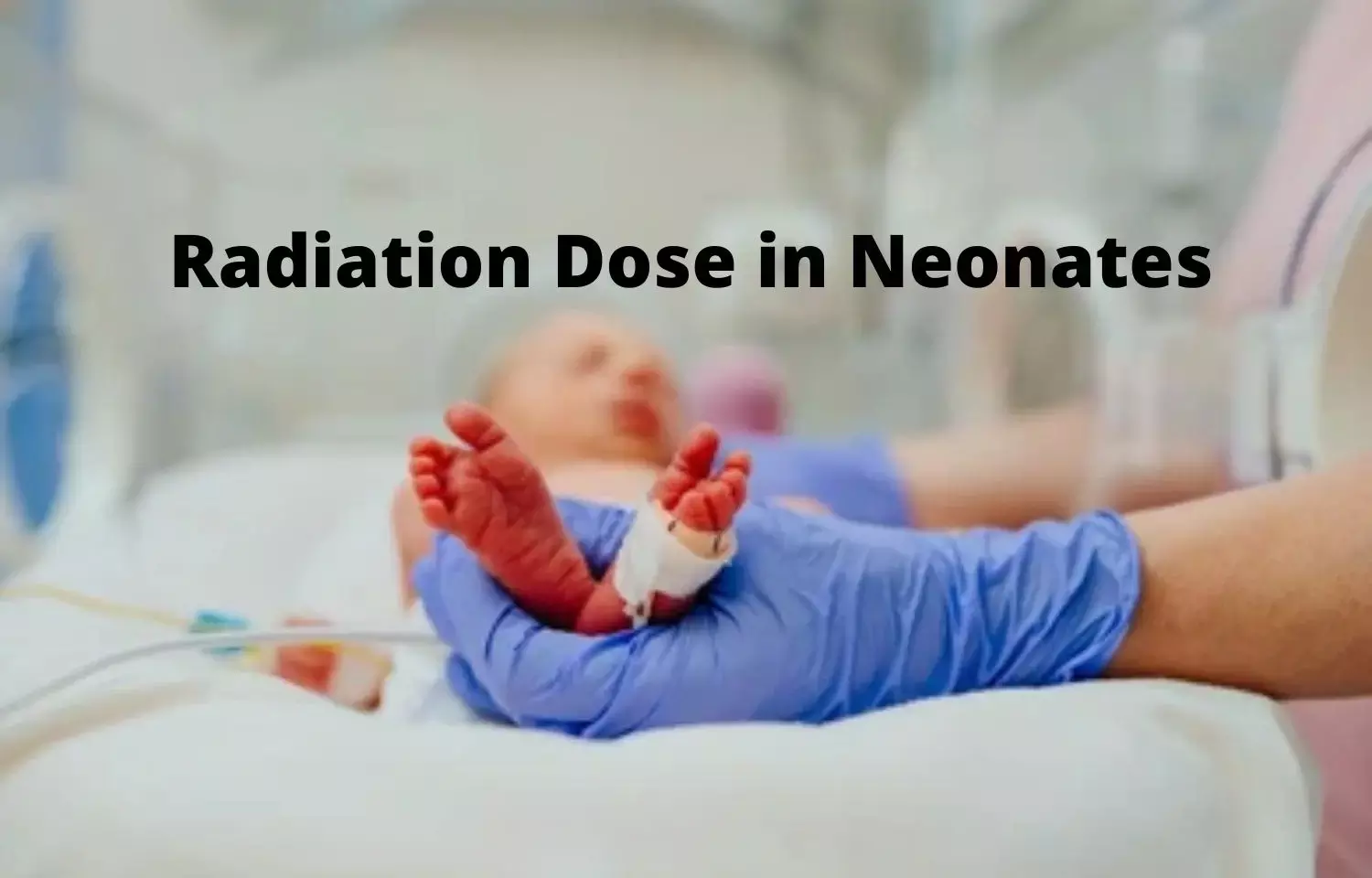- Home
- Medical news & Guidelines
- Anesthesiology
- Cardiology and CTVS
- Critical Care
- Dentistry
- Dermatology
- Diabetes and Endocrinology
- ENT
- Gastroenterology
- Medicine
- Nephrology
- Neurology
- Obstretics-Gynaecology
- Oncology
- Ophthalmology
- Orthopaedics
- Pediatrics-Neonatology
- Psychiatry
- Pulmonology
- Radiology
- Surgery
- Urology
- Laboratory Medicine
- Diet
- Nursing
- Paramedical
- Physiotherapy
- Health news
- Fact Check
- Bone Health Fact Check
- Brain Health Fact Check
- Cancer Related Fact Check
- Child Care Fact Check
- Dental and oral health fact check
- Diabetes and metabolic health fact check
- Diet and Nutrition Fact Check
- Eye and ENT Care Fact Check
- Fitness fact check
- Gut health fact check
- Heart health fact check
- Kidney health fact check
- Medical education fact check
- Men's health fact check
- Respiratory fact check
- Skin and hair care fact check
- Vaccine and Immunization fact check
- Women's health fact check
- AYUSH
- State News
- Andaman and Nicobar Islands
- Andhra Pradesh
- Arunachal Pradesh
- Assam
- Bihar
- Chandigarh
- Chattisgarh
- Dadra and Nagar Haveli
- Daman and Diu
- Delhi
- Goa
- Gujarat
- Haryana
- Himachal Pradesh
- Jammu & Kashmir
- Jharkhand
- Karnataka
- Kerala
- Ladakh
- Lakshadweep
- Madhya Pradesh
- Maharashtra
- Manipur
- Meghalaya
- Mizoram
- Nagaland
- Odisha
- Puducherry
- Punjab
- Rajasthan
- Sikkim
- Tamil Nadu
- Telangana
- Tripura
- Uttar Pradesh
- Uttrakhand
- West Bengal
- Medical Education
- Industry
High KV technique helps reduce radiation dose in neonates undergoing chest radiography

UAE: The high kilovoltage technique can play a critical role in reducing radiation dose for neonates undergoing chest radiography without compromising image quality, states an article published in Radiation Physics and Chemistry.
Chest radiography is an essential and most often utilized radiological modality in the neonatal intensive care unit. To minimize radiation exposure in this susceptible population, it is important to monitor image optimization. Neonates are at higher risk of cancer than adults as they are more radiosensitive and have a longer life expectancy. Therefore, it is essential to protect neonates from radiation hazards.
The focus should be to ensure a minimum radiation dose required to maintain image quality for accurate diagnosis. It can be done by adjusting the voltage in the machine's x-ray tubes (kVp) and the time used to acquire quality images, as measured in milliampere seconds (mAs). Increasing voltage can lower mAs but also reduces image quality. Current guidelines recommend between 60-80 kVp and between 1-2 mAs for pediatric patients undergoing anteroposterior (AP) chest x-rays. No specific recommendations have been developed for neonates.
W.Elshami, University of Sharjah, UAE, and colleagues conducted a study to evaluate the effectiveness of the high HKVp technique on reducing radiation dose to neonates undergoing Antero-posterior (AP) chest x-rays.
Investigators used a newborn anthropomorphic phantom to simulate a neonate for the study. Different combinations of KVp and mAs were used to acquire chest x-ray images. Dose area product (DAP) was recorded in the Digital Imaging and Communications in Medicine (DICOM) header. The effective dose was determined using Monte Carlo simulation. Subjective assessment of image quality was evaluated by three radiologists blindly and the Objective assessment was done using the calculation of the signal-to-noise ratio (SNR) and the contrast-to-noise ratio (CNR).
Key findings of the study,
• The reduction in the DAP and effective dose at 50 KVp was 26.7% and 19.2%, respectively and for 60 KVp it was 22.9% and 20.2%, respectively. The same at 70 KVp was 40% and 26%, respectively.
• There were no significant differences in the means of the DAP, SNR, CNR, and effective dose among different combinations of KVp and mAs.
The authors conclude that the optimization of kVp and mAs has a significant effect on reducing patient radiation dose, thus in neonates undergoing chest x-rays, the use of high KVp will help reduce radiation dose considerably while maintaining image quality.
Even though the present study was an experiment using a phantom (which limited image evaluation), it highlights the need for analyzing neonate patient images and calculating risks from different exposures to ensure safe practice, the authors wrote.
Reference:
W. Elshami, M.M. Abuzaid, M.M. Gibril, A. Sulieman, D.A. Bradley, Impact of high kilo-voltage peak technique on radiation dose for neonates undergoing chest radiography: Experimental study, Radiation Physics and Chemistry, Volume 199,2022,110327,ISSN 0969-806X, https://doi.org/10.1016/j.radphyschem.2022.110327.
BDS
Dr. Hiral patel (BDS) has completed BDS from Gujarat University, Baroda. She has worked in private dental steup for 8years and is currently a consulting general dentist in mumbai. She has recently completed her advanced PG diploma in clinical research and pharmacovigilance. She is passionate about writing and loves to read, analyses and write informative medical content for readers. She can be contacted at editorial@medicaldialogues.in.
Dr Kamal Kant Kohli-MBBS, DTCD- a chest specialist with more than 30 years of practice and a flair for writing clinical articles, Dr Kamal Kant Kohli joined Medical Dialogues as a Chief Editor of Medical News. Besides writing articles, as an editor, he proofreads and verifies all the medical content published on Medical Dialogues including those coming from journals, studies,medical conferences,guidelines etc. Email: drkohli@medicaldialogues.in. Contact no. 011-43720751


